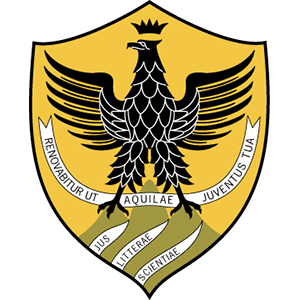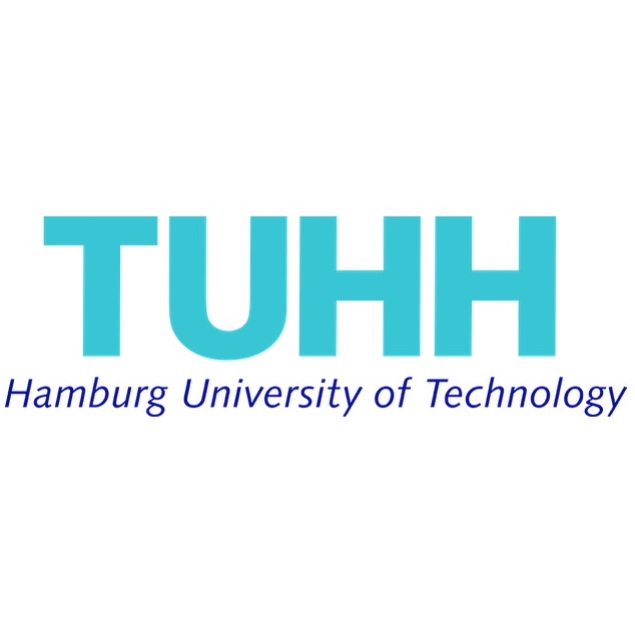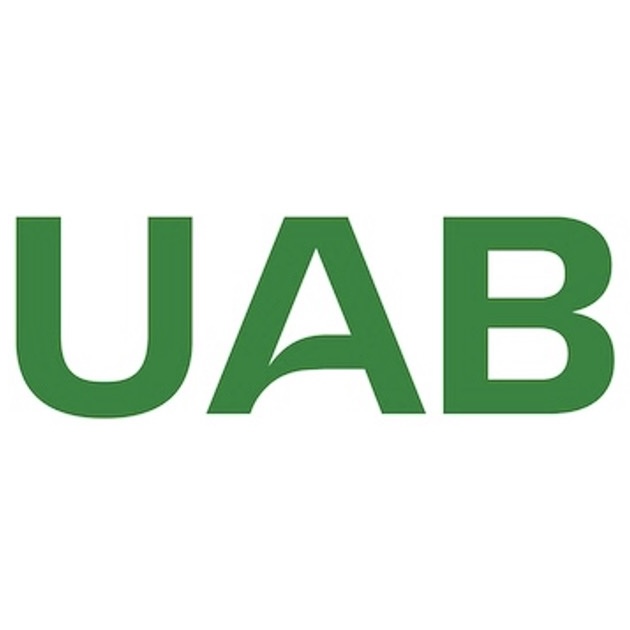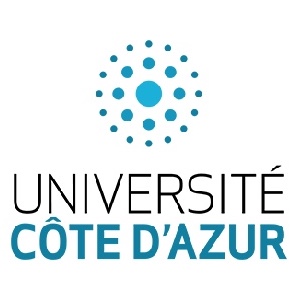
Year 2 in Barcelona
Decision Making and Applications to Logistics
#ABOUT
Year 2 in Barcelona;
Decision Making and Applications to Logistics
Students in this track will learn the concepts and most practical modelling and simulation tools applied to logistics and supply chain, together with state-of-the-art instruction in algorithms for hard optimisation problems and modern computational statistics, as supporting courses.
The two logistics courses will be lectured by staff of the School of Engineering, prof. Miquel A. Piera and prof. Juan M. Ramos, co-founders of the company Aslogic, devoted to aeronautic logistics, and Dr. Roman Buil, from Accenture. The course in Optimisation is taught by Prof. Lluís Alsedà, director of the Centre de Recerca Matemàtica (CRM), one of our research partners. The subject Computational Statistics and Bayesian Networks is managed by Prof. Pere Puig (who is also the coordinator of the Bachelor’s degree in Computational Mathematics at UAB) and counts on the participation of Dr. Juan R. González from the Barcelona Institute of Global Health. The course Case studies of optimisation problems in industry will be led by prof. Xavier Mora, member of the Research Group in Mathematical Models and Applications, and it will count on collaborations from our partners in industry as Aslogic, Eurecat, AIS, and research centres as CRM, the IIIA, and the IERMB.
Master’s theses can be carried out along with an internship in industry. Students following this track will have employment opportunities in the logistic sector due to the knowledge acquired in diverse decision making situations. They will also have a broad spectrum of opportunities in many other sectors.
March 2025
September 2026
🎓 Graduation
#Year 2 in Barcelona EMJMD InterMaths Study Track
Decision Making and Applications to Logistics;
ECTS Credits: 6 | Semester: 1 | Year: 2 | Campus: Autonomous University of Barcelona | Language: English
Unit Coordinator: Lluis Alseda Soler, Martin Hernan Campos Heredia, Judit Chamorro Servent, Susana Serna
Aims:
Analysis of case studies, and practice of team working dynamics and client-consultant relationship. The cases will focus primarily on optimisation and logistics real problems, but may have a scope beyond the pure "decision making" setting. The course will be organised and directed by a professor of the department of Mathematics and will include minicourses and presentations given by industrial collaborators and other departments' teaching staff.
Content:
Mathematical modelling, i.e. solving real-world problems by means of mathematics.
Pre-requisites:
Students must have mathematical and computational skills at the level of a science degree.
Reading list:
ECTS Credits: 3 | Semester: 1 | Year: 2 | Campus: Autonomous University of Barcelona | Language: English
Unit Coordinator: Ramon Anton Piera Eroles
Aims:
To introduce students to the knowledge, processes, skills, tools and techniques suitable for project management, such that the application of them satisfy the requirements specified for project development, and may have a significant impact on its success. Specifically: learning the terminology and basic concepts of project management area and understanding the relationship between logistics and supply chain management and project management.
Content:
Reading list:
#Final Semester Dissertation;
The thesis topic can be proposed by the track coordinator or by the student. In any case, the local coordinator has the responsibility to provide an advisor. The student’s taste and expectations are met whenever possible. The student must write a short thesis project, with the help of her/his advisor, to be submitted to the Executive Committee, which has to approve the thesis project before its formal start. The thesis topic will preferably deal with a problem proposed by a private company, if possible chosen among the Consortium Industrial Partners.
The final master’s degree examination, while respecting the local regulations, will consist as a general rule in two parts: an oral examination on the topic of the thesis, and the defense of the thesis.
In this examination the candidate will be required to demonstrate good knowledge of his/her specialization track and a capability for working independently and solving problems on experimental, numerical, technological, design or modelling applications. The semester may include an internship within a collaborating company or institution. In this case, a tutor from the involved partner and an academic supervisor will be appointed.
Students who have satisfied all the requirements of the degree programme will be awarded a Joint Master Degree in Interdisciplinary Mathematics by the Universities where the student has spent at least one semester.








